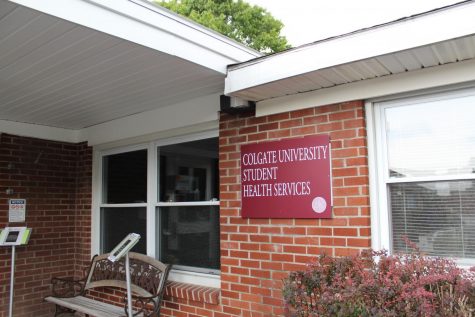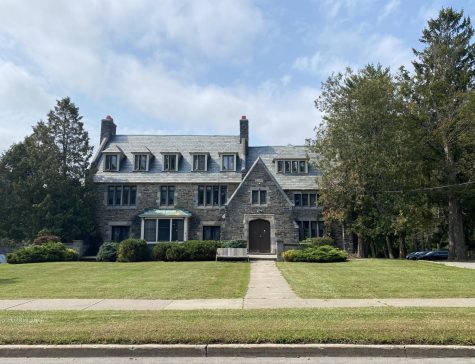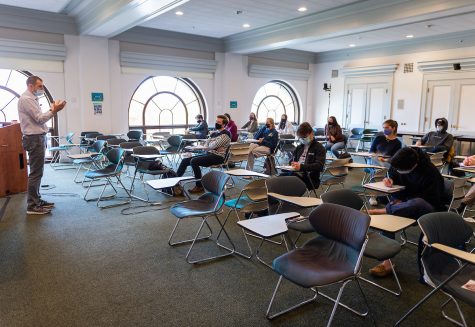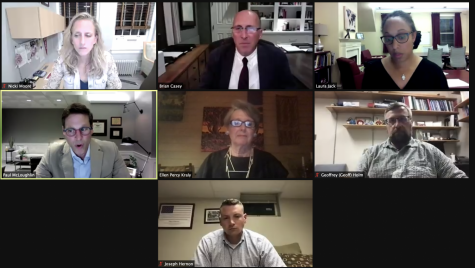100 Percent Increase in Deferred Enrollments for 2020-21 Academic Year
Twenty-eight students chose to defer their enrollment this year at Colgate. The number of deferrals is equivalent to over 3 percent of the incoming class, and marks a 100 percent increase when compared to the average number of deferrals per year.
Since deferring students will not begin taking classes until the 2021-22 academic year, these students will be a part of the Class of 2025. Though not necessarily likely, it is possible for the current number of deferrals to change, according to Media Relations Director Daniel DeVries.
“Late deferrals are sometimes accommodated for specific reasons through the administrative deans,” DeVries said.
According to Vice President for Admission and Financial Aid Gary Ross, students most often choose to defer in order to pursue experiences that “foster their personal growth.”
“Often students will defer because they are volunteering with a political campaign or they received an internship opportunity, or any number of other reasons. A few might have medical issues that need attention,” Ross said.
Since the spread of COVID-19 became serious in the United States well after college application deadlines, many high school seniors had already decided not to take a gap year. After receiving offers of admission, those students had to confirm their enrollment by May 1 in order to secure their spot in the Class of 2024. However, for those who committed to college but then looked to change their plans, the option of taking a gap year was still available through deferred enrollment.
According to Colgate’s website, students who confirmed intent to enroll at Colgate by May 1 were able to request to defer their enrollment up until the typical June 1 deadline. Despite the COVID-19 pandemic, this deadline was not extended.
“It was very important to have as accurate of a count as possible… to safely accommodate everyone in Colgate housing and to prevent overcrowding,” Ross said.
In order to request deferred enrollment, students must contact the office of admission to gain access to a form on which students are given the opportunity to explain why they wish to defer their enrollment. If approved, they will be required to pay another non-refundable deposit of $500 to confirm and finalize deferred enrollment.
“Newly admitted students are always welcome to reach out to the admission office to discuss deferral details and procedures,” Ross said.
When asked if students who deferred their enrollment are later surveyed about their decision to defer, Ross said no official data exists about whether or not students regret deferral, but that students he has spoken with have been pleased with their choice.
“Colgate does not recommend or discourage deferral. This is a personal choice that students need to drive, and we respect that decision and support them when they reach out with questions about the process,” Ross said.
















Roy E Olsen • Aug 27, 2020 at 9:21 am
Very informative and concise!
I wonder if you have a “journalism studies” track in mind.